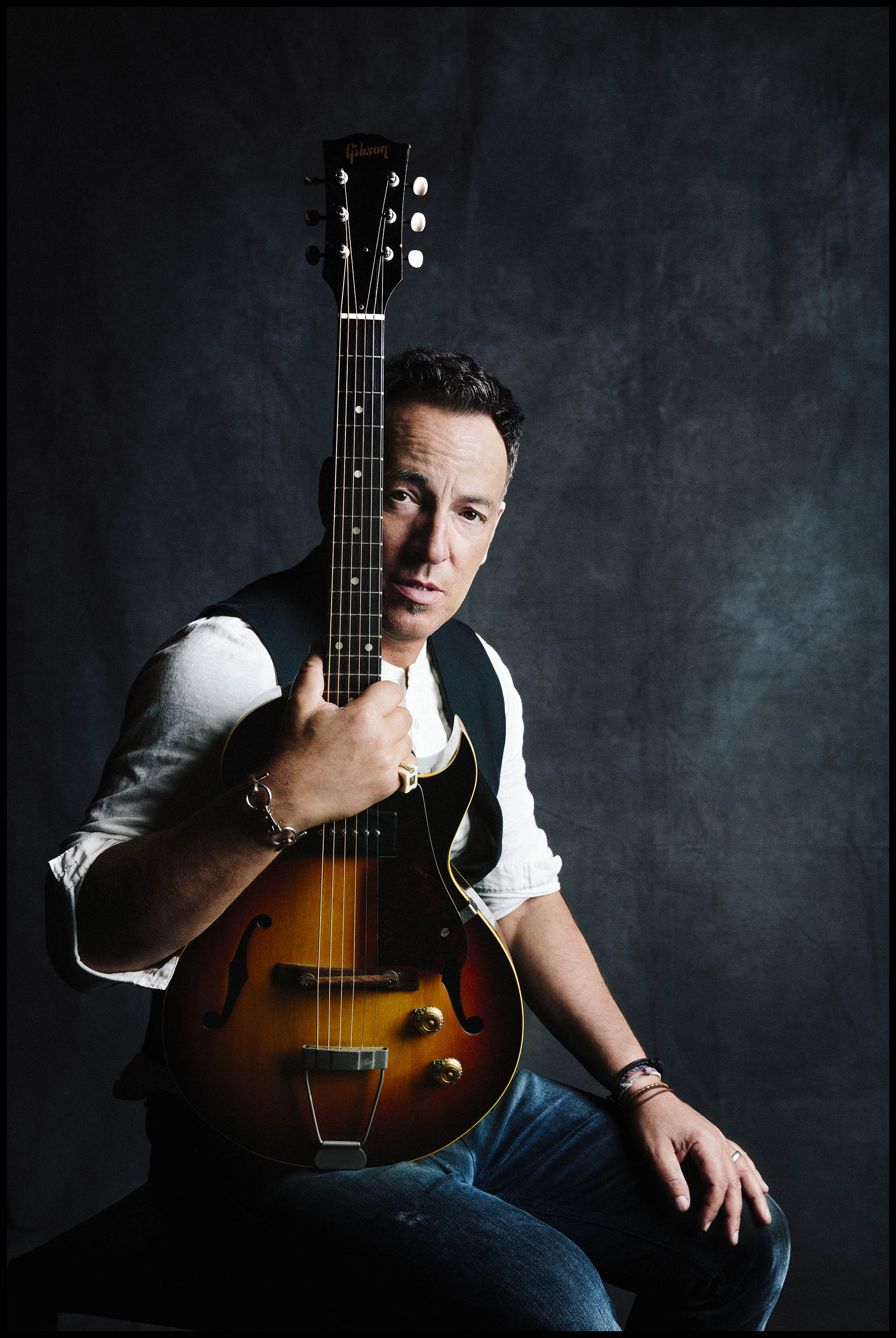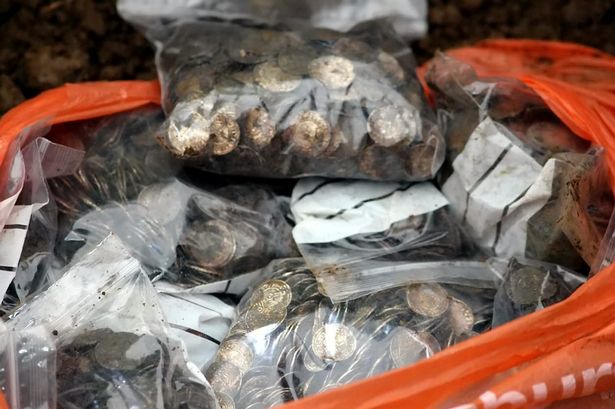10 elképesztő dolog, amit sehol máshol nem tehetsz meg, csak Amerikában!
10 Things Banned in Other Countries, but Legal in the U.S.
1. BABY WALKERS
Babies in Canada have to learn to walk the old-fashioned way. The country banned once popular baby walkers in 2004, after they were found to endanger babies and delay motor and mental development. Possession or selling of a baby walker can result in fines of up to $100,000 or six months in jail.
2. KETCHUP IN SCHOOL CAFETERIAS
A school cafeteria without ketchup? It’s un-American! In 2011, France banned the tomato condiment from school cafeterias in order to preserve French cuisine. The one ironic exception: Students can still eat ketchup on French fries.
3. INCANDESCENT LIGHT BULBS
Phasing out incandescent light bulbs isn’t as easy as flipping a switch. But other countries are ahead of the U.S. on this one. Cuba was the first to the finish line when it brought in CFLs and banned the sale and import of the old-school bulbs in 2005. Argentina followed suit in 2010, and EU member countries reached the final stage of a three-year phase-out in 2012.
4. MULLETS
In America, it’s your right to have whatever terrible hairstyle you want. Not so in the Islamic Republic of Iran. In 2010, the Ministry of Culture banned several ’decadent’ Western men’s hairstyles, including the mullet, spikes, and ponytails. Hairdon’ts are punishable by fine.
5. PLASTIC BAGS
Bangladeshstarted a trend in 2002 when it became the first country to ban plastic bags. Bag bans have caught on all over the world, from France to Tanzania to Mexico City. San Francisco was the first U.S. city to ban plastic bags in 2007, and Los Angeles followed suit in 2013. This July, the entire state of California will begin phasing out the shopping bags, thanks to a bill signed into law in September by Governor Jerry Brown.
6. SPANKING
School corporal punishment is still allowed in 19 U.S. states. But in some countries, parents can’t even spank their kids. Sweden was the first to ban the belt and paddle in 1979. Now moms and dads in 46 countries rely solely on the time-out.
7. BHA AND BHT PRESERVATIVES
Butylated hydroxyanisole (BHA) and butylated hydroxytoluene (BHT) aren’t just hard to pronounce. They’re carcinogenic and found in almost all packaged foods in the U.S. Human consumption of BHA and BHT is banned in more than 160 countries.
8. CHEWING GUM
While the actual act of chewing gum was never illegal, Singapore burst gum lovers’ bubbles when it outlawed the importation and sale of Bazooka Joe and the like in 1992. The ban stuck, but was slightly changed in 2004. Singaporans interested in the oral health benefits of sugar-free gum can now get a prescription — but still face stiff penalties if they’re caught littering with it.
9. WEIRD BABY NAMES
What’s in a baby name? Legislation in Denmark, New Zealand, Sweden, and many other countries. If Danish parents don’t choose one of the 7000 government-approved names for their bundle of joy, they’re required to get church approval. New Zealand and Sweden add to their lists of banned baby names each year. The names “V8” and “Superman,” respectively, weren’t allowed, but “Violence” and “Google” were.
10. TOBACCO
A 2006 Business Week survey named Bhutan not only the happiest country in Asia, but also the eighth happiest country in the world. Four years later, the Tobacco Control Act of Bhutan aimed to increase Gross National Happiness by banning the cultivation, harvesting, production, and sale of harmful tobacco products. But here’s a happy loophole for smokers: Tobacco consumption is still legal.
Sikerült megérteni, hogy milyen dolgokat tiltanak és miért? Ellenőrizd úgy, hogy válaszolsz az alábbi kérdésekre!
1. Miért nem engedélyezik Kanadában a bébikomp használatát?
2. Mire lehet tenni ketchupot a francia menzákon?
3. Mióta nem lehet árusítani hagyományos villanykörtét az EU-ban?
4. Mire számíthatnak Iránban azok, akik dekadens frizurát viselnek?
5. Lehet-e Kaliforniában nylon bevásárlószatyrokat kapni az üzletekben?
6. Engedélyezett-e a testi fenyítés az amerikai iskolákban?
7. Miért tilos a BHA és a BHT használata számos országban?
8. Mire van lehetősége annak, aki rágógumizni szeretne Szingapúrban?
9. Mire van lehetősége Dániában annak, aki nem elégszik meg az államilag elfogadott keresztnevekkel?
10. Mit tiltottak be Bhutanban és mi maradt ki a tiltásból?
Válaszok:
1. Mert veszélyes a babákra és hátráltatja a motoros (mozgási) és értelmi fejlődésüket.
2. Csak sült krumplira.
3. 2012 óta.
4. Pénzbírságra.
5. Részben még igen, idén kezdik el fokozatosan kivonni őket a forgalomból – bár San Franciscóban és Los Angelesben már betiltották.
6. 19 államban még igen.
7. Mert rákkeltők.
8. Orvosi receptre kaphat cukormentes rágógumit.
9. Megpróbálhat egyházi hozzájárulást szerezni a névhez.
10. A dohány termesztését, árusítását, dohánytermékek előállítását és árusítását. Dohányozni azonban szabad.
Vocabulary
|
banned |
tiltott, nem legális |
|
legal |
legális, szabadon használható |
|
baby walker |
bébikomp |
|
to endanger |
veszélyeztetni |
|
to delay |
késleltetni |
|
motor and mental development |
motoros (mozgás) és értelmi fejlődés |
|
possession |
birtoklás |
|
jail |
börtön |
|
condiment |
ízesítő, fűszer |
|
to phase out |
kivezetni, kivonni a forgalomból valamit |
|
incandescent light bulb |
hagyományos izzó, villanykörte |
|
CFL |
kompakt fénycső |
|
to follow suit |
követni a példát |
|
mullet |
oldalt és elöl rövid, hátul hosszú haj |
|
spikes |
felfelé fésült, felálló haj |
|
ponytail |
lófarok (hajviselet) |
|
hairdon’ts |
szójáték a ‘hairdo’ – hajviselet szóval, olyan hajviselet, ami nem elfogadható |
|
corporal punishment |
testi fenyítés |
|
to spank |
elfenekelni |
|
belt and paddle |
nadrágszíj és bot (testi fenyítéshez használt) |
|
time-out |
leültetni a gyereket egy időre valahová, hogy gondolkozzon el a cselekedetén |
|
solely |
kizárólag |
|
preservative |
tartósító |
|
carcinogenic |
rákkeltő |
|
to litter |
szemetelni |
|
weird |
furcsa, nonszensz |
|
bundle of joy |
itt: kisbaba |
|
violence |
erőszak |
|
cultivation |
termesztés |
|
harvesting |
aratás, betakarítás |
|
loophole |
kiskapu, kibúvó |
|
consumption |
fogyasztás |






